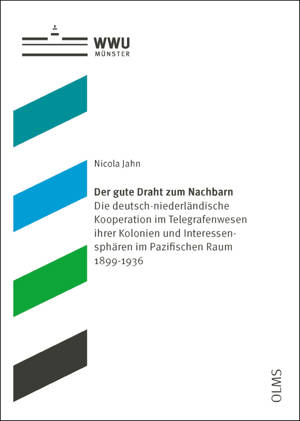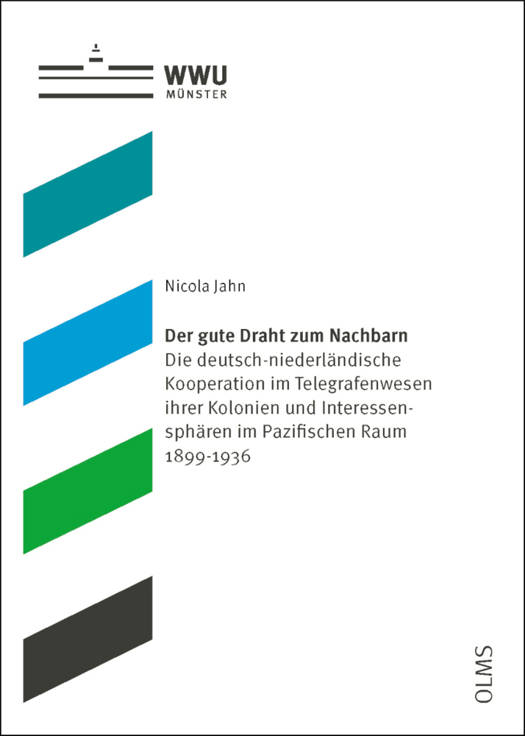
- Afhalen na 1 uur in een winkel met voorraad
- Gratis thuislevering in België vanaf € 30
- Ruim aanbod met 7 miljoen producten
- Afhalen na 1 uur in een winkel met voorraad
- Gratis thuislevering in België vanaf € 30
- Ruim aanbod met 7 miljoen producten
Zoeken
Der gute Draht zum Nachbarn
Die deutsch-niederländische Kooperation im Telegrafenwesen ihrer Kolonien und Interessensphären im Pazifischen Raum 1899-1936
Nicola Jahn
€ 50,45
+ 100 punten
Omschrijving
Imperial rivalry as well as global exchange and cooperation shaped the so-called "first globalization" around 1900. During that time, public and private players of the German Empire and the Netherlands joined forces to challenge the British hegemony over the worldwide telegraphic web. To reach this goal, they founded a German-Dutch Telegraph Company providing a cable network between their colo-nies and spheres of influence in the Pacific, while trading technological goods, expertise, and raw materials amongst each other. The transnational public-private partnership under study was active until the mid-1930s. The topic of this study is the development of the said partnership during that time. It focuses on the agents and players initiating and operating the joint ventures. By concentrating on - as of yet - insufficiently explored players, ventures, and spaces of the global web of communication in the early 20th century the study aims to broaden the history of global communication.
Specificaties
Betrokkenen
- Auteur(s):
- Uitgeverij:
Inhoud
- Aantal bladzijden:
- 394
- Taal:
- Duits
- Reeks:
- Reeksnummer:
- nr. 9
Eigenschappen
- Productcode (EAN):
- 9783487161600
- Uitvoering:
- Paperback
- Afmetingen:
- 148 mm x 24 mm
- Gewicht:
- 566 g

Alleen bij Standaard Boekhandel
+ 100 punten op je klantenkaart van Standaard Boekhandel
Beoordelingen
We publiceren alleen reviews die voldoen aan de voorwaarden voor reviews. Bekijk onze voorwaarden voor reviews.








